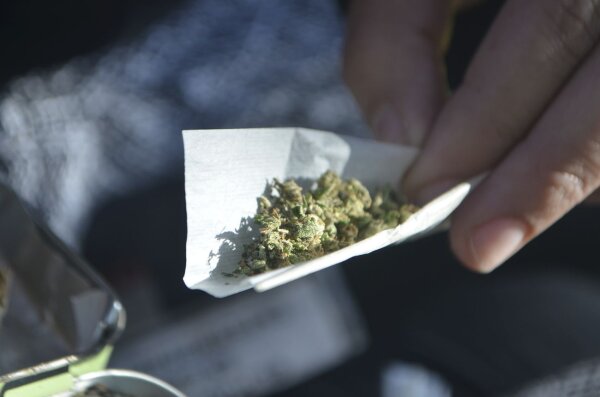California's Legal Marijuana Market vs. the Black Market

04/12/2024
California, a state known for its progressive stance on marijuana, legalized recreational pot in 2016. Despite this legalization, the state's legal marijuana market faces stiff competition from the black market, which continues to thrive. The black market's pervasive presence is a direct result of several factors, including high taxes and start-up costs for licensed producers and retailers, a reluctance among law enforcement to crack down on illegal cannabis operations in the early years of legalization, and the fact that only about 40% of local jurisdictions in California permit cannabis stores.
In California, the Department of Cannabis Control (DCC) is responsible for regulating and enforcing the legal market. Bill Jones, the head of enforcement for the state's Department of Cannabis Control, acknowledges the challenges facing the legal industry. He highlights that the black market is larger than the legal market, a problem exacerbated by the reluctance of local jurisdictions to enforce cannabis regulations in the early stages of legalization.
The black market's success is not only due to the legal market's limitations but also because it offers lower prices, a wider product range, and convenience. The legal market's products are subject to state and, often, local taxes, which can add up to 25% to the cost. This price disparity has made the black market more attractive to consumers, despite the risks associated with buying illegal products.
The black market's illegal operations have not gone unnoticed by law enforcement. The Los Angeles County law enforcement division of the California Department of Cannabis Control has been actively raiding unlicensed cannabis stores. However, the penalties for getting caught selling unlicensed marijuana are relatively light, with a fine of $500 unless the person has broken other laws. This lenient approach has led to the same storefronts being raided multiple times, indicating that the current enforcement measures may not be enough to deter illegal operations.
The black market's success in California has also raised concerns about the quality and safety of the products being sold. Unlike the legal market, where products are tested for quality and safety, the black market offers no such assurances. This lack of oversight can lead to consumers purchasing products that are contaminated or of poor quality.
Despite the challenges, California is not the only state facing issues with the black market. New York, another state that has legalized recreational marijuana, is also grappling with the dominance of illegal "smoke shops" over licensed retailers. This situation highlights the complex nature of marijuana legalization and the need for effective strategies to combat the black market.







